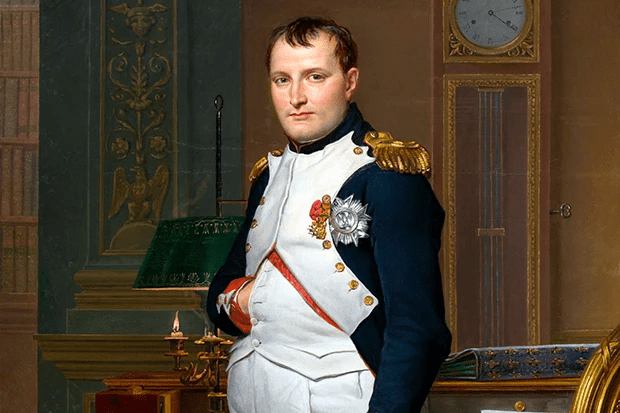Napoleon was a unique person.
He spent most of his life on the battlefields. His military genius is well known; he has fought against coalitions of European countries and won most of the battles. His soldiers loved him as he always spent time with them and knew the names of even the low-rank soldiers.
He was a great statesman too. He implemented a set of civil laws which would later be called the Napoleonic Code. It is the foundation of civil laws in many countries today. He also reformed the education system and laid the groundwork for modern French education.
Remember that he didn’t inherit any power. He started his career as a lieutenant in the army after finishing military school. And he ended up as the French Emperor conquering most of Europe.

But how did he do all these?
How was he able to write thousands of letters on different subjects (from politics to civil law) to rule the French Empire while being on the battlefields commanding the army?
One of the ministers was also impressed with Napoleon’s ability to successfully manage everything at the same time and asked him the question.
Napoleon said:
“Different subjects and different affairs are arranged in my head as in a cupboard. When I wish to interrupt one train of thought, I shut that drawer and open another. Do I wish to sleep? I simply close all the drawers, and there I am — asleep.”
Napoleon: A Life, Andrew Roberts
So, Napoleon used compartmentalization to put all his thoughts in order. When he was handling politics, he opened the politics “drawer” in his mind, and he was fully focused on it. If he was trying to solve a logistical problem on the battlefield, he closed other drawers to put all his attention on that matter.
That way, he brought up all the relevant details and ideas from the depths of his mind to make the best decision.
And if he was having issues in one area, he didn’t allow it to affect his decision-making for other topics. He kept it in its drawer until it’s time to handle it.
He appeared as a great multitasker, but his secret was doing the opposite: extreme unitasking.
Ask yourself:
Now, think about your life. Your work, relationships, hobbies, social media accounts, notifications…
Maybe you are not conquering Europe while managing an empire, but you still have many things on your plate.
Wouldn’t you be more effective if you compartmentalize everything in your mind, and opened the drawers only one at a time like Napoleon?
Enjoyed this article?
Then you’ll love the How Brands Win Newsletter.
Get the “5 Mental Models to Differentiate Your Business” guide when you join. It’s free.
